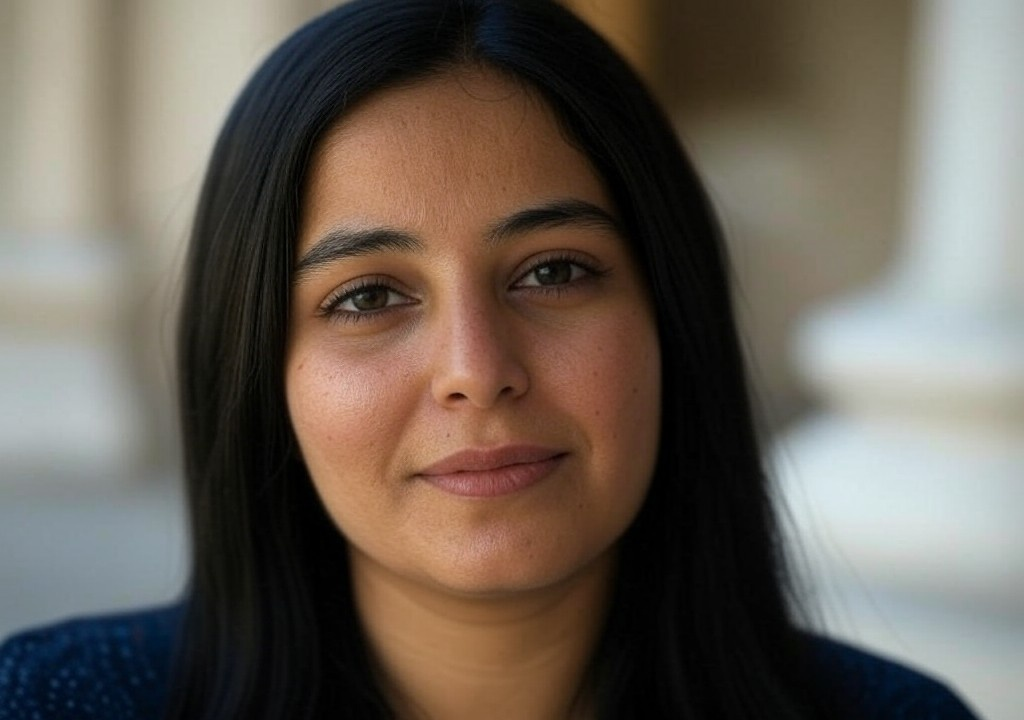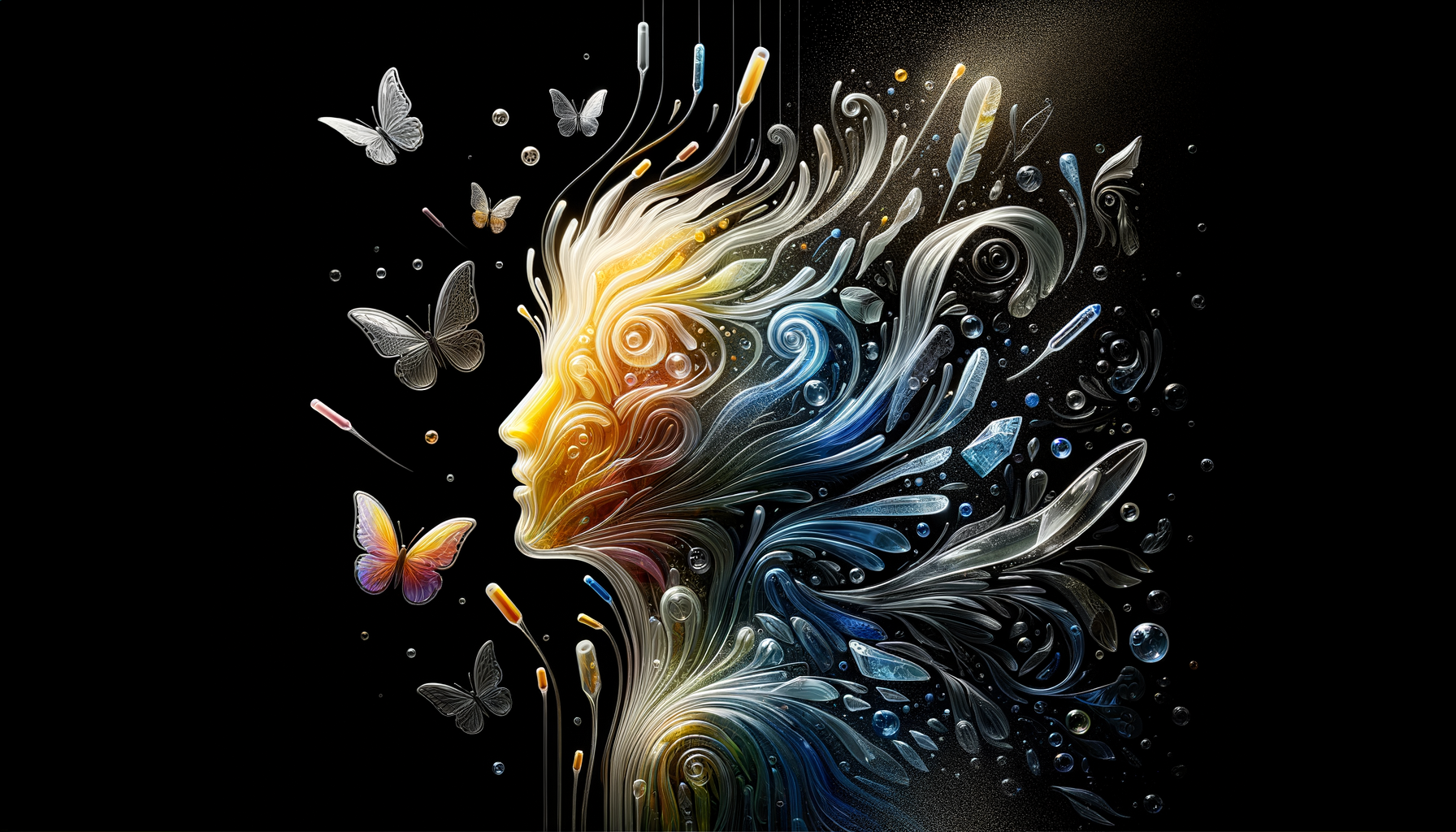The Myth of the “Perfect Partner” That My Family Raised Me to Believe
The Fairytale Blueprint
Growing up in Alexandria, my parents would fondly tell the story of how they met: a “love at first sight” saga that could rival any Egyptian melodrama. According to family lore, my mother walked into a room at a cousin’s wedding in a perfectly draped gown, and my father knew—instantly—that she was “the one.” She, of course, claimed she didn’t notice him until much later (the suspense!). But the way they told it, their love story was inevitable, written in the stars and sealed by fate.
To my younger self, this was gospel. Love wasn’t just about chemistry or compatibility—it was destiny’s grand design, delivered on a shimmering silver platter. And my task, someday, would be to recognize this magical inevitability when it arrived.
The “love is fate” myth sounded so, well, romantic. Until real life happened. Suddenly, I was trying to make sense of how to navigate modern relationships through this outdated filter. Turns out, approaching every date as if it were a cosmic audition for soulmateship isn’t exactly ideal—or sustainable.
A Myth Put to the Test
By the time we moved to Paris, I started noticing that love stories in French cinema didn’t look a lot like my parents’ happily-ever-after narrative. Characters often grappled with messy emotions, misaligned expectations, and very flawed timing. It was revealing—and oddly comforting. Yet, internally, I still clung to my family’s myth of the perfect partner: someone who would “complete” me, effortlessly align with my values, and have great taste in coffee. Clearly, I was expecting a hybrid of Naguib Mahfouz’s honorable protagonists and a Bastille-market-going Parisian lover. (Spoiler: He does not exist.)
Eventually, armed with the intellectual tools from debates at Sciences Po and countless French baguette-buttered heartaches, I began to deconstruct this narrative. If my parents’ love story was real, wasn’t it also just… context? A perfect alignment of timing, tradition, and circumstance? Was moving halfway across Egypt in a family-arranged meeting the same as “destiny”? And more importantly—why on earth was I using their blueprint to try to solve my love puzzle, in an entirely different world?
Love Meets Reality: What I’ve Learned (So Far)
Breaking up with the myth of “fated love” wasn’t easy. My relationship upbringing came packaged with Mediterranean drama and a sprinkle of guilt—cutting ties with it was bound to be messy. But once I did, I realized just how liberating and empowering it was to own my love story instead of waiting for it to, well, happen to me.
Here’s what helped me navigate this shift:
1. There’s No Divine Checklist
The “perfect partner” is a seductive idea, but it’s also a highly overrated one. Instead of looking for someone who checks every box, I started focusing on shared values and how I felt in their presence. It turns out that kindness, curiosity, and mutual respect are far better indicators of a sustainable connection than, say, whether someone texts with perfect punctuation or knows all the words to Umm Kulthum’s “Alf Leila Wa Leila.”
2. Romance Doesn’t Always Have a Cinematic Arc
The pressure to feel instant sparks or have an epic meet-cute can obscure real connections. Neither fireworks nor grand drama are prerequisites for love. In fact, some of the most compatible relationships I’ve experienced started quietly—with a good conversation over coffee, a thoughtful gesture, or shared, easy laughter.
3. It’s Okay for Love to Look Different
There have been moments when I’ve felt the ghost of that family myth whispering, “But is this the one?” It’s taken years to recognize that love doesn’t have a singular, predestined shape. Relationships evolve, challenged by the seasons of life. The love meant for me—today—might look nothing like the love I’ll crave 10 years from now. And that’s a good thing.
4. Let Joy & Effort Co-Exist
My parents’ story is lovely, but like many fairy tales, it conveniently skipped the hard work that followed their so-called “fated” meeting. Genuine connections require sustained effort—open conversations, vulnerability, and (yes) hard days. A little elbow grease in love doesn’t mean the relationship is doomed; it means it’s real.
Rekindling a New Kind of Magic
If this all sounds overly pragmatic, know that I’m still a romantic at heart. Living in Paris might even amplify that—seriously, the Seine has ruined me. But these days, my definition of romance has room for humanity. Forget magical serendipity or the universe intervening to point the way. I find the spark of magic in everyday moments: Making someone laugh when they’re having a bad day. A shared look in silence when words aren’t necessary. Feeling seen, truly and fully, without pretenses.
My parents’ love story is still one I admire. It’s theirs—beautiful and true in its context. But I’ve learned to write my own script: one that’s independent of family lore, yet still steeped in the deep connections and joy they modeled along the way.
The Takeaway: Yours Doesn’t Have to Be Epic to Be Real
It’s easy to let family myths or childhood beliefs guide the way we approach relationships. In some ways, they’re comforting—like having a map for a terrain we’ve never fully explored. But there’s power in folding that map away, in allowing yourself to wander and redefine love on your own terms.
If you, like me, grew up believing in the “perfect partnership,” try giving yourself permission to look for something better: not perfection, but connection; not destiny, but choice. Ironically, embracing that messy, human effort toward love feels a lot more magical than fate ever did.
After all, the best relationships aren’t found—they’re built. And there’s no single blueprint for that, no matter how many family stories we carry in our hearts.




















